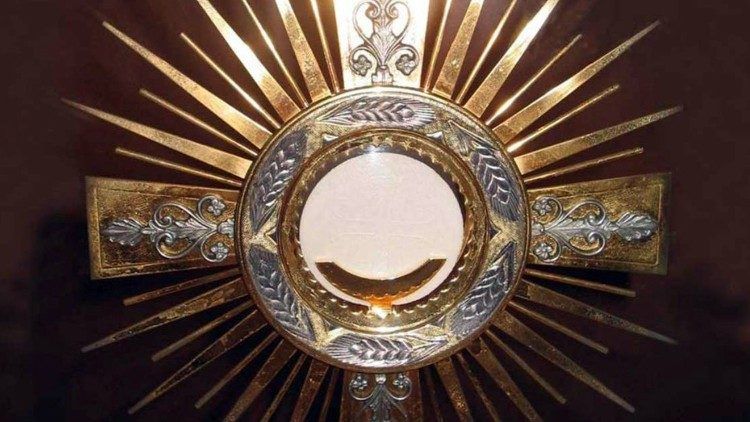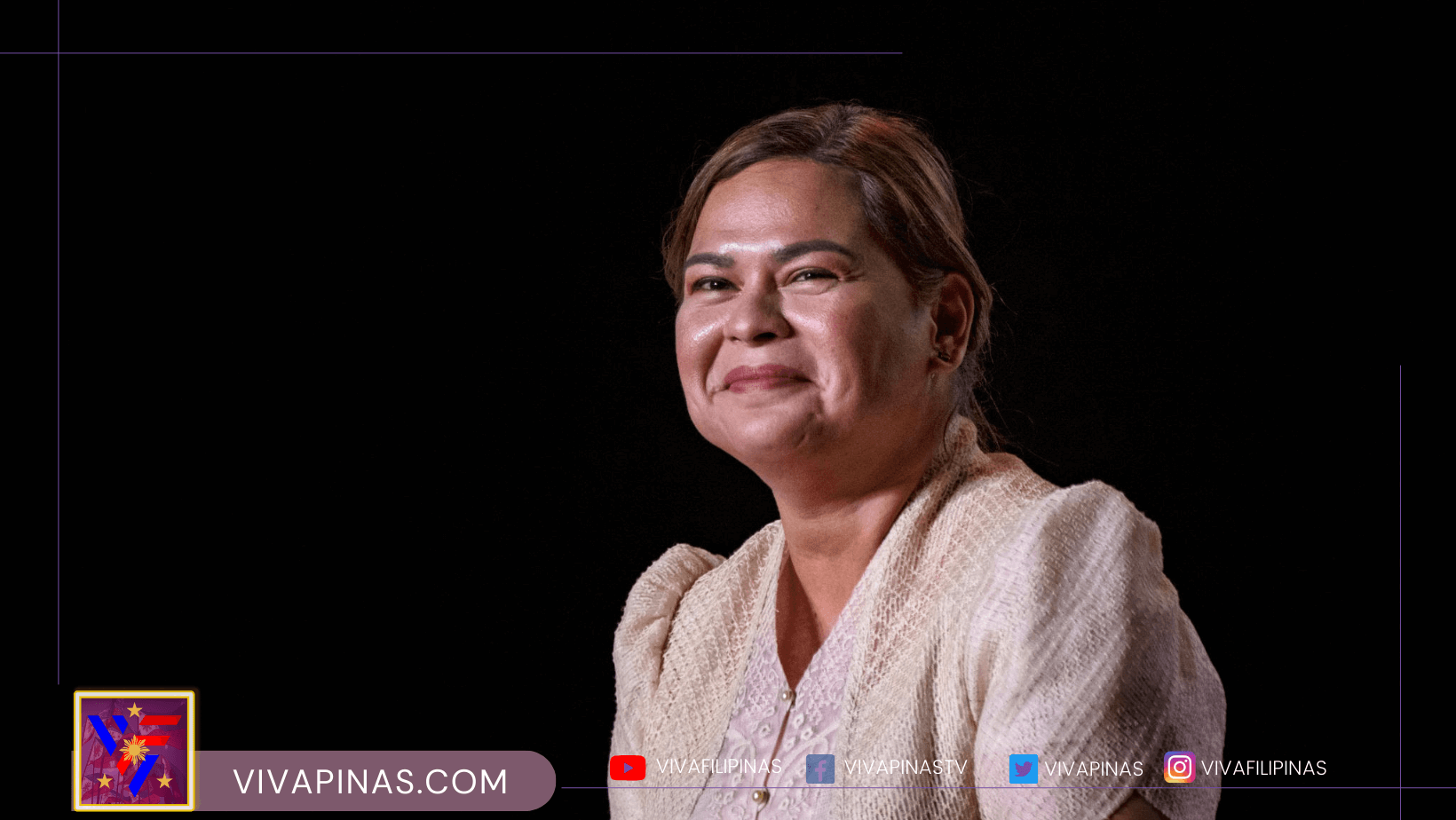
On Sunday, Pope Francis will celebrate the feast of Corpus Christi in St Peter’s Basilica, with a Mass followed by solemn Adoration and Benediction.
By Vatican News
Pope Francis will celebrate Mass for the Solemnity of Corpus Christi (also known as the Solemnity of the Body and Blood of Christ) at the Altar of the Chair in St Peter’s Basilica on Sunday, 14 June. The liturgy will conclude with exposition of the Blessed Sacrament and Benediction.
A small number of the faithful, around fifty persons, will participate in the liturgy with the Holy Father. The Mass will be live streamed by Vatican Media, beginning at 9:45 Rome time.
Corpus Christi celebrations with Pope Francis
Last year, Pope Francis presided at the Mass for Corpus Christi from the steps of Santa Maria Consolatrice Church in Rome’s Casal Bertone neighbourhood. The previous year, the Holy Father celebrated the Solemnity in the square in front of the parish of Santa Monica in Ostia, outside the city of Rome.
At the beginning of his papacy, from 2013 to 2017, Pope Francis celebrated the Corpus Christi Liturgy at Rome’s Cathedral, the Archbasilica of St John Lateran, followed by a Eucharistic procession to the Basilica of Saint Mary Major.
Origins of the Solemnity
The Solemnity of Corpus Christi dates back to the 13th century. In Belgium, following the mystical experiences of Saint Juliana de Cornillon, a local feast dedicated to the Most Holy Eucharist was established in Liège in 1247.
Several years later, in 1263, a Bohemian priest on pilgrimage to Italy was afflicted by doubts about the Real Presence of Jesus in the Blessed Sacrament. While celebrating Mass in the town of Bolsena, he experienced a Eucharistic miracle, when a few drops of blood were shed by the broken Host after the consecration. The very next year, in 1264, Pope Urban IV extended the feast of Corpus Christi to the whole Church.
Dogma of the Church
The Solemnity of the Body and Blood of Christ – as it is now known – honours Jesus substantially present in the Blessed Sacrament. The truth of the Real Presence was confirmed in 1215 by the Fourth Lateran Council. Later, in 1551, the Council of Trent definitively re-affirmed the doctrine in a passage quoted verbatim by the Catechism of the Catholic Church:
“Because Christ our Redeemer said that it was truly his body that he was offering under the species of bread, it has always been the conviction of the Church of God, and this holy Council now declares again, that by the consecration of the bread and wine there takes place a change of the whole substance of the bread into the substance of the body of Christ our Lord and of the whole substance of the wine into the substance of his blood. This change the holy Catholic Church has fittingly and properly called transubstantiation” (cf. CCC 1376).





